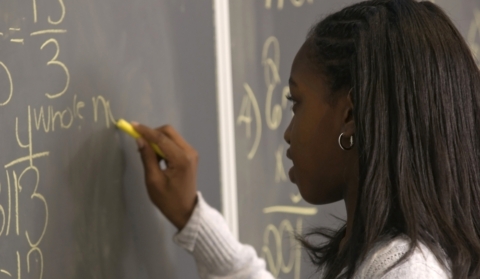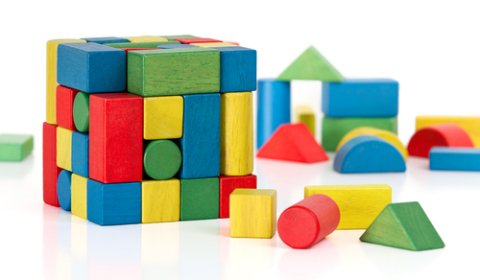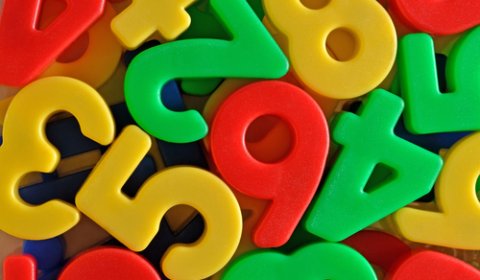A tailor made consultancy for Kent, Surrey, Sussex and South London

Chartwell Primary Maths
Working with teachers who love maths

What we can do
On larger screens click below to view each course summary, or
Right-click (press and hold) here and Save Link As... for details of all our courses

|

|

|
| Mastery | Problem Solving | Reasoning |
More courses:
Click below to view each course summary, or
Right-click here and Save Link As... for details of all our courses
| Calculation and Manipulatives | Developing Subject Knowledge | Problem solving using low threshold high ceiling activities | Working with Teaching Assistants | Maths Subject Leaders |

Mastery

Problem solving

Reasoning

Whole school audit of mathematics including pre- and post-Ofsted report

Staff meetings and INSET focusing on identified areas linked to the school development plan or identified needs

Modelling and team teaching in the classroom

Cluster work with groups of schools such as sharing INSET or working with groups of subject leaders

Links with parents

In school support developing individual staff, subject leaders, phases or specific aspects of mathematics
Geometry, measures and Statistics

Dialogic Classroom

Assessment for Learning
Mathematics across the curriculum
More courses
Right-click (or press and hold) here and Save Link As... for details of all our courses. Or view this page on a larger device.
- Calculation and Manipulatives
- Developing Subject Knowledge
- Problem solving using low threshold high ceiling activities
- Working with Teaching Assistants
- Maths Subject Leaders
- Mathematical Mindsets
- Removing Barriers For Struggling Learners
- Fluency and Variation
- Bar Modelling and Use of Manipulatives
- New to Subject Leadership
- Making Maths Fun
Chartwell Primary Maths
A tailor made consultancy for Kent, Surrey, Sussex and South London
Chartwell Primary Maths
A tailor made consultancy for Kent, Surrey, Sussex and South London
|
ABOUT US WHO WE ARE WHAT WE CAN DO F A Q FEEDBACK LINKS |
ABOUT THIS WEBSITE PRIVACY |
COMMUNICATION CONTACT FORM |
ABOUT THIS WEBSITE
PRIVACY
COMMUNICATION
CONTACT FORM
